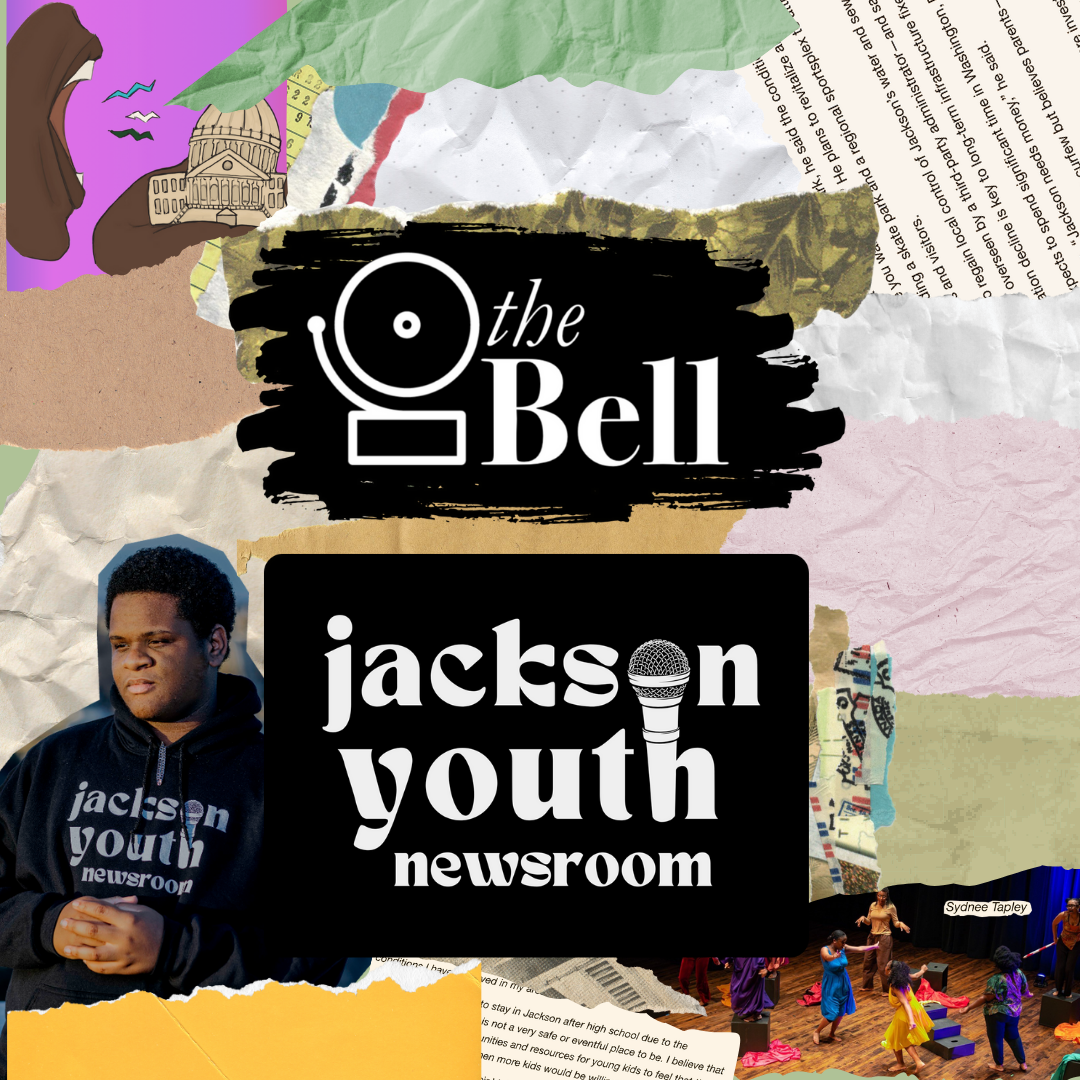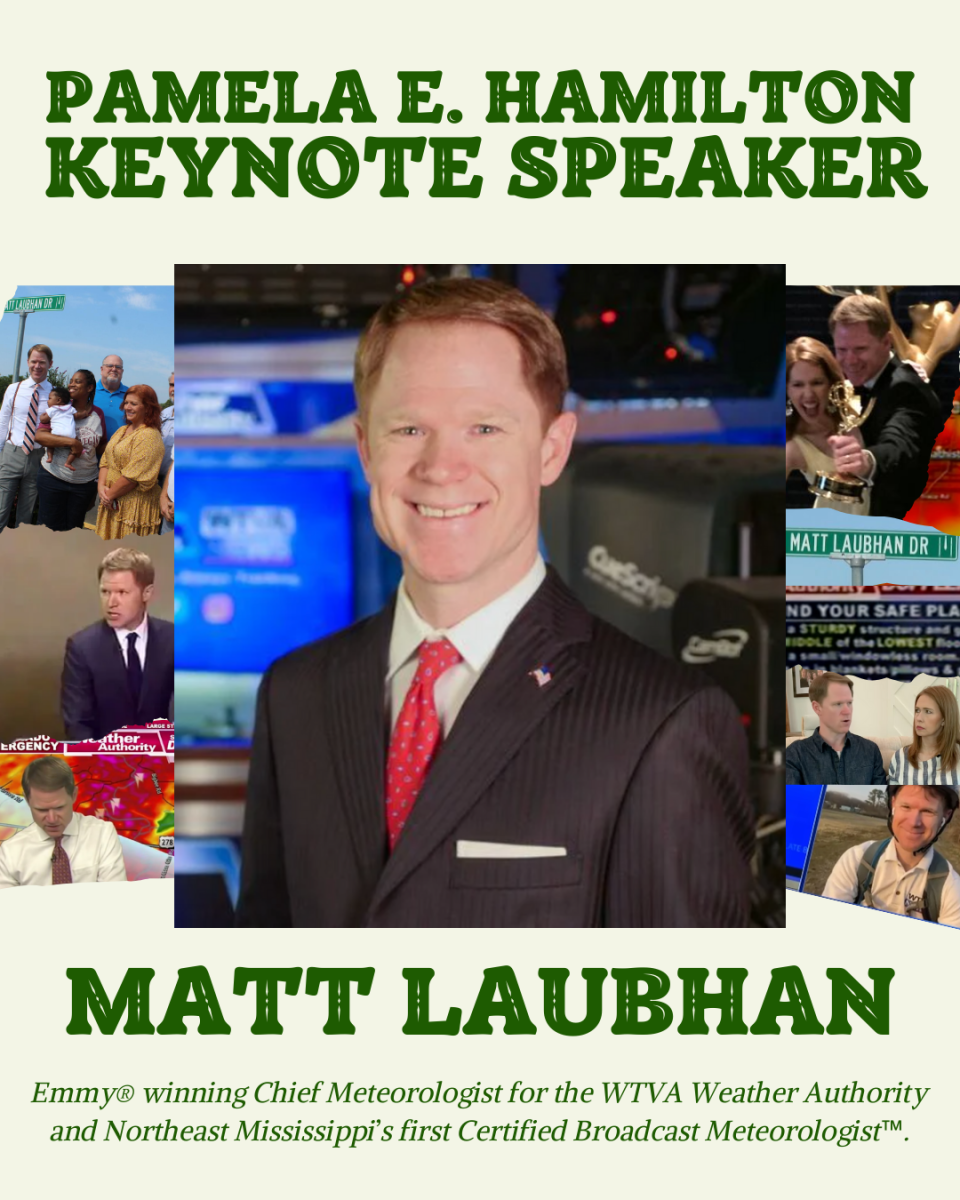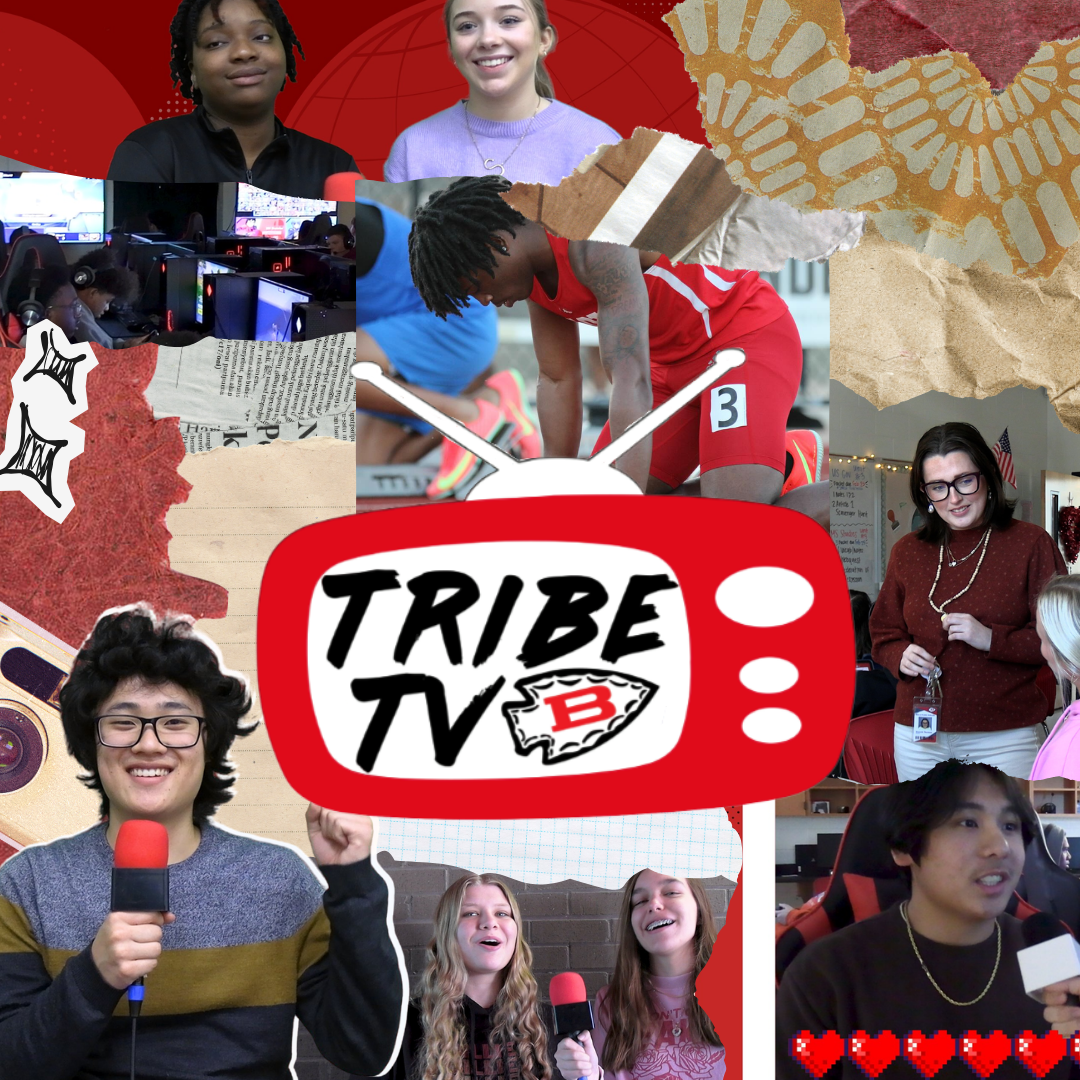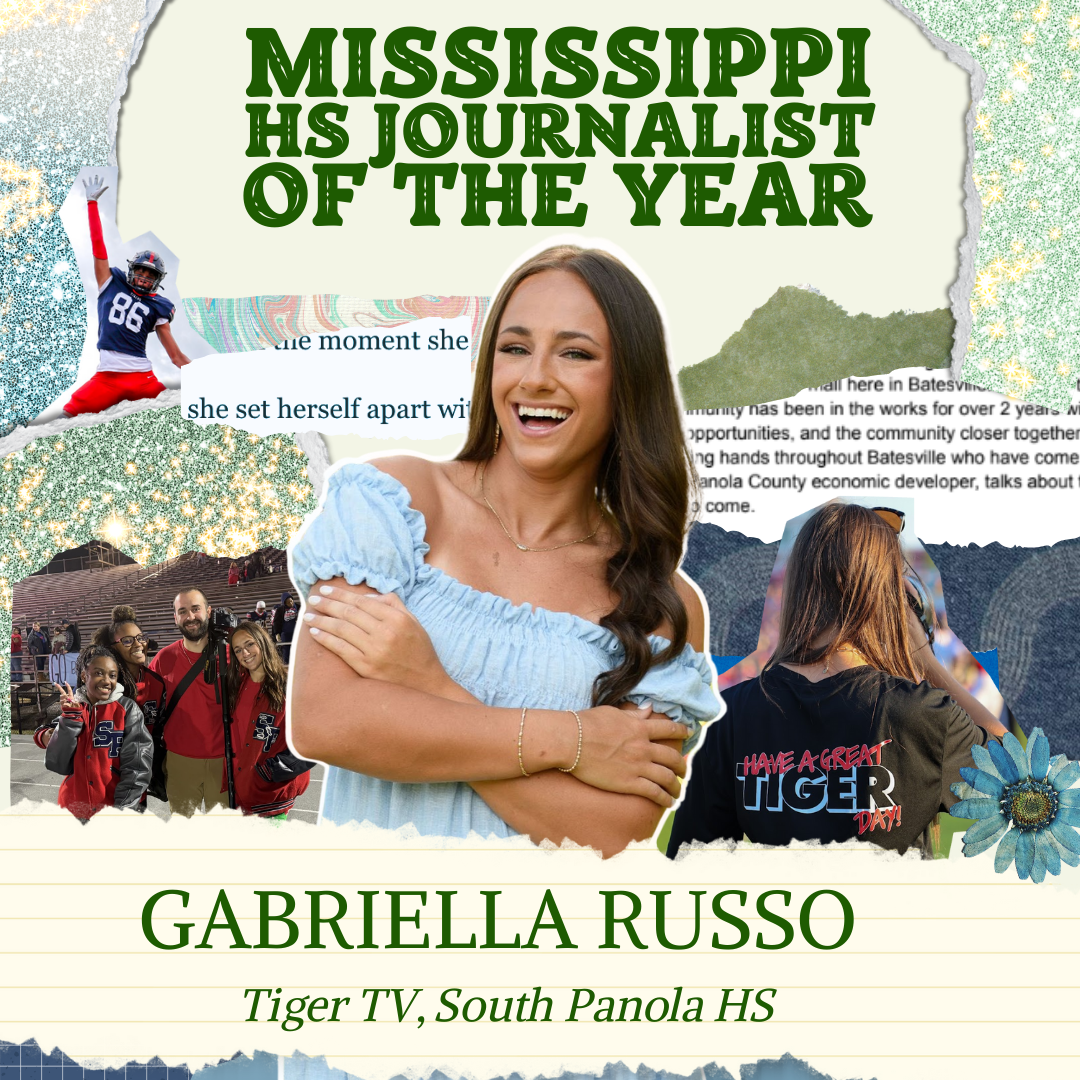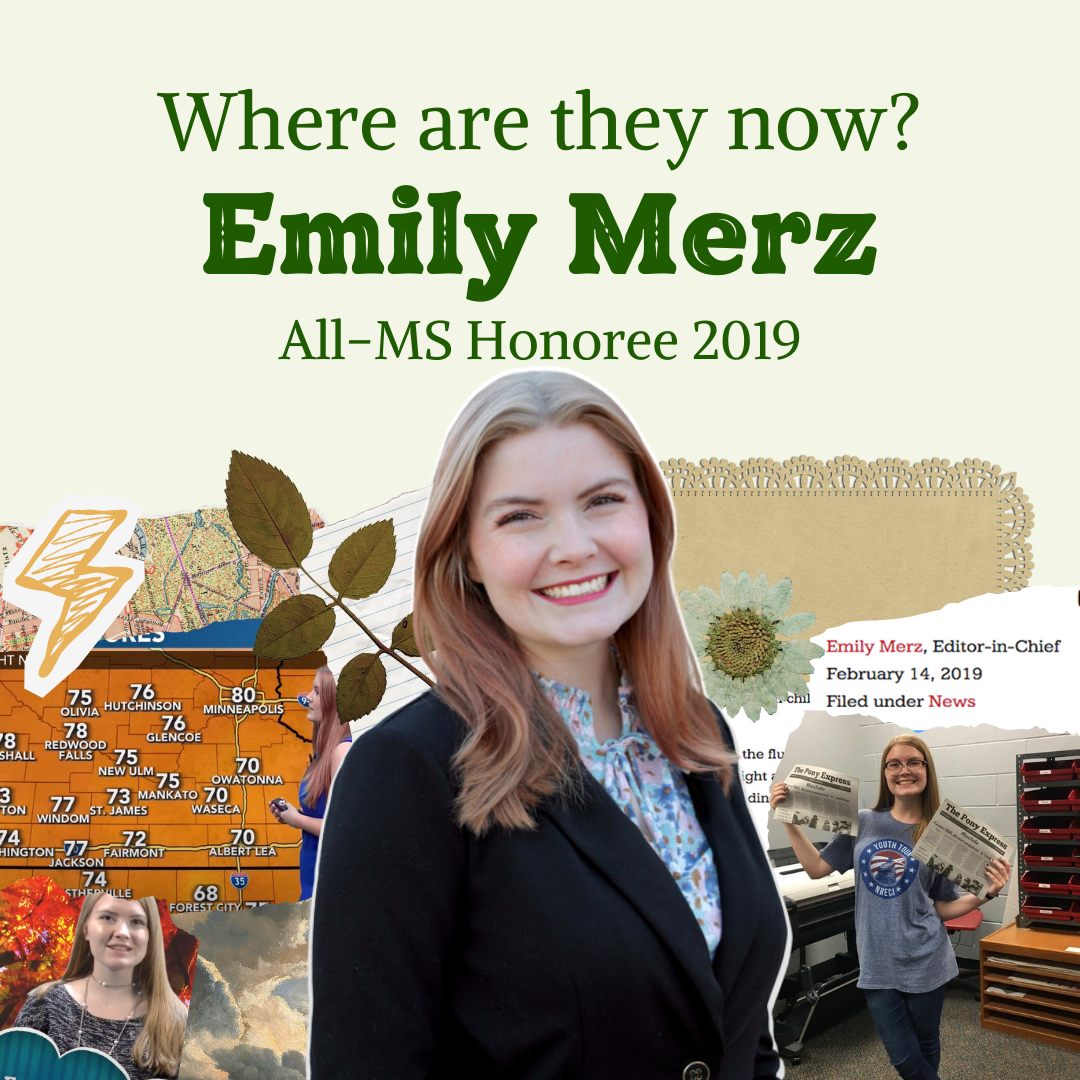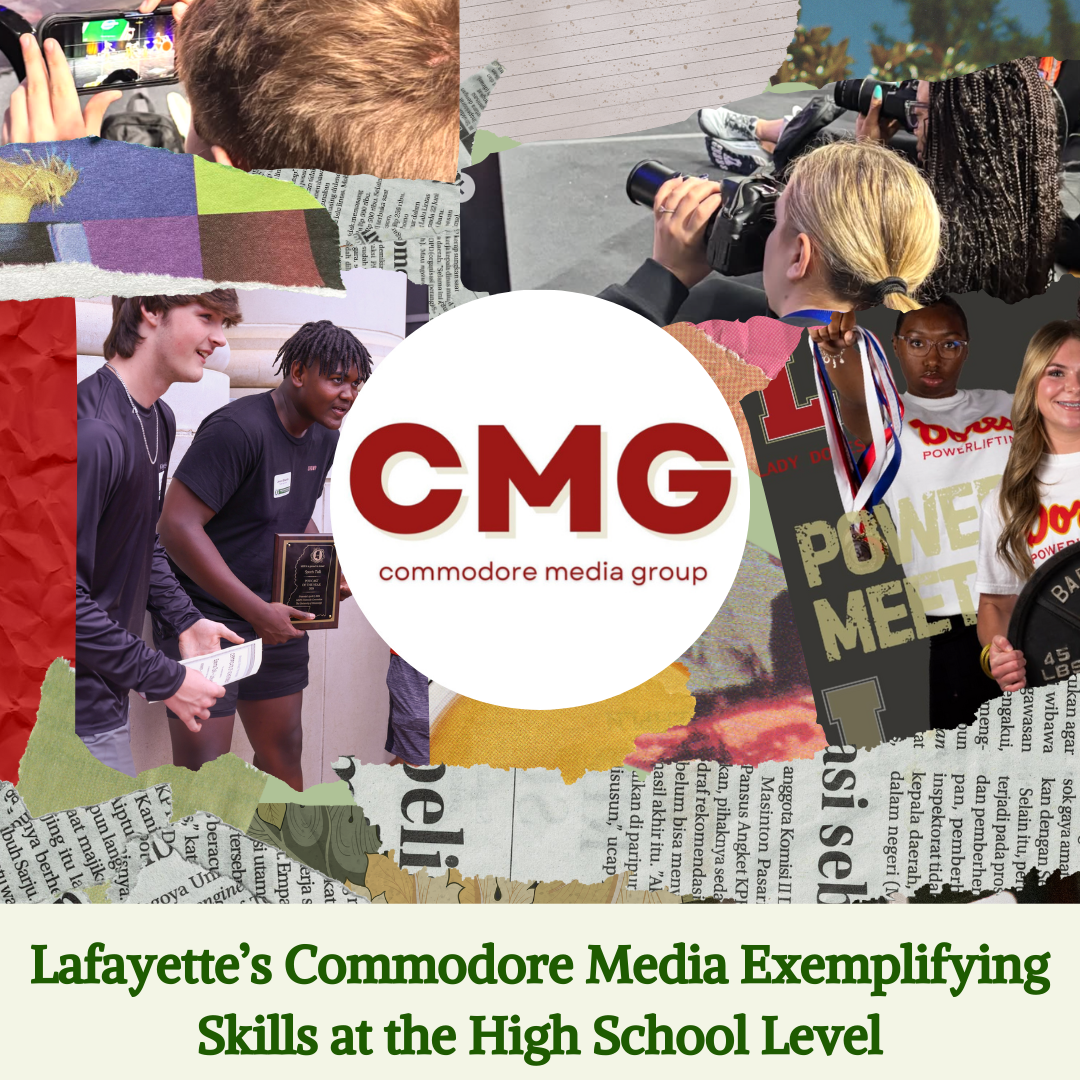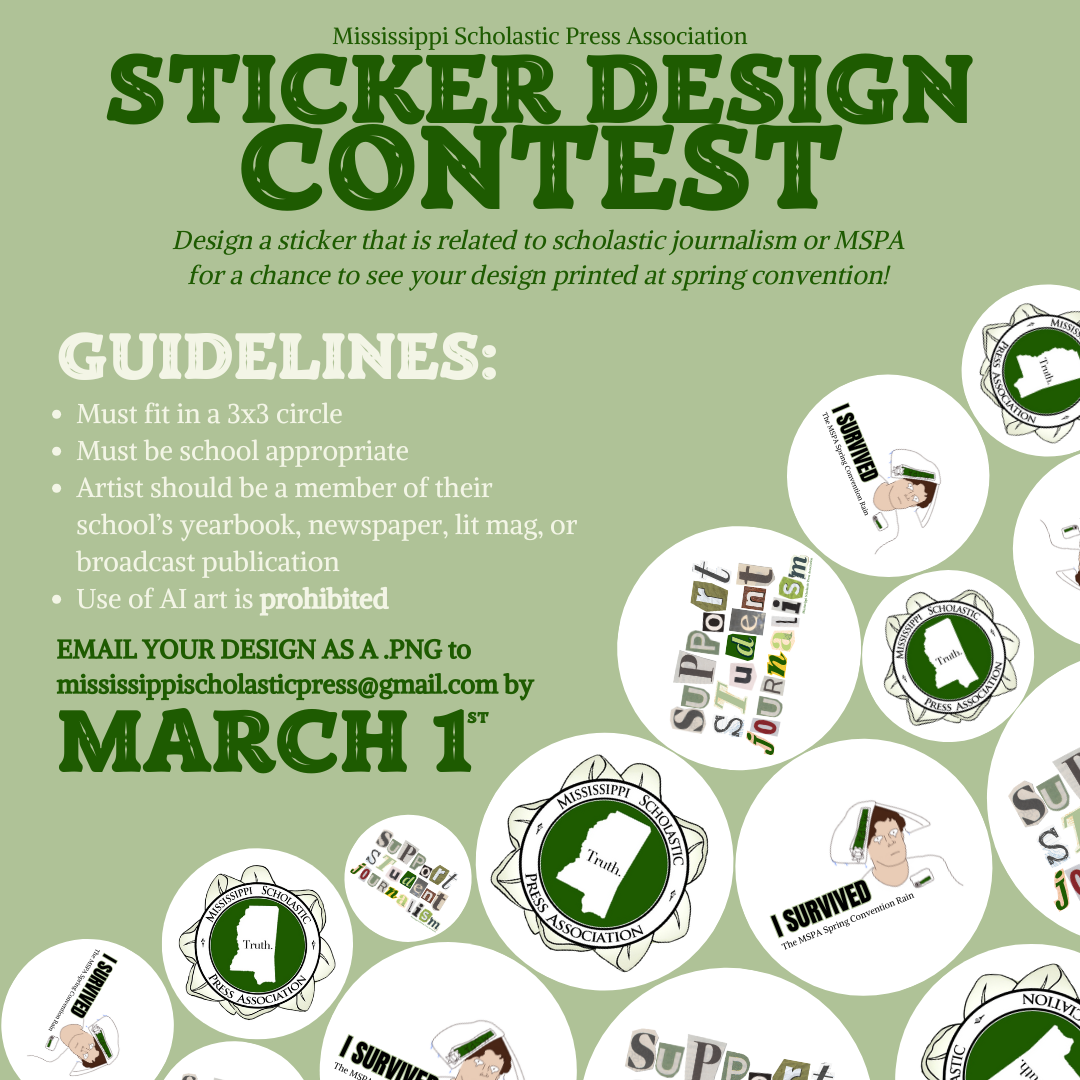The Overby Adviser Institute will start on Tuesday, June 18, and conclude with a luncheon on Thursday, June 20. All sessions will be held in Farley Hall on the University of Mississippi campus. Sarah Nichols is the Adviser in Residence and will be speaking at the Overby Adviser Institute along with other successful advisers in Mississippi.
Sarah Nichols, MJE, advises Whitney High Student Media (Details yearbook, The Roar newsmagazine and Whitney Update news website) in Rocklin, California, where her students have earned top honors such as NSPA Pacemakers and CSPA Crown awards. Nichols served six years as president of the Journalism Education Association and also is past president of the Journalism Education Association of Northern California and a member of its board of directors.
She is certified as a Master Journalism Educator and is active with JEA’s Scholastic Press Rights and Digital Media committees. Nichols has been recognized as National Yearbook Adviser of the Year and as California’s High School Journalism Teacher of the Year. Other honors include JEA’s Carl Towley Award and Medal of Merit, NSPA’s Pioneer Award and CSPA’s Gold Key. Her published works include a yearbook adviser curriculum for Jostens Publishing and the NSPA Yearbook Guidebook. She also teaches Advising Yearbook, a graduate course for the Center for Scholastic Journalism’s online master’s program at Kent State University.
When she’s not watching baseball, attending concerts or spending time outdoors, Nichols loves to work with journalism students and advisers on editorial leadership, staff culture, publication design and DEI initiatives.
To learn more about Nichols and the work she has done, Mississippi Scholastic Press Association spoke with Sarah Nichols.
Q&A
Did you do journalism in high school?
I was on the yearbook staff [and] I was editor-in-chief. I went to Centerville High in Centerville, Ohio.
What made you want to have a career in journalism?
I specifically wanted to have a career in teaching and advising journalism. I was largely influenced by my own high school journalism teacher. I really loved the story-telling process and the photography and design involved in yearbook production. I was on the yearbook staff, I was editor-in-chief, and I loved a lot of that process, but more specifically what I love is the experience that my journalism teacher created for all of us – empowering us to make our own decisions and find the stories and then decide how to tell them. I loved that collaborative process and creative process with everything being student-driven. I just saw how many doors had opened to students and gave them such special experiences together and individually as reporters, writers, and photographers. I wanted to create that similar experience for other students as my career.
What has been your biggest struggle with being an advisor and how did you overcome it?
I feel really fortunate that I wouldn’t say I faced a ton of struggles. I find it to be a healthy challenge every single day for the past 25 years. Not every single day has been easy but I have been really fortunate to have a great experience at each school, at each staff I’ve advised. I would say COVID [and] going through the pandemic was definitely the hardest set of years that I experienced advising.
What has been your favorite part of advising students?
I’d say my favorite part is just seeing their pride in the work they do. Each student is on such a different path in terms of their learning and their growth and their aha moments, so I get to experience one of those little lightbulbs or aha moments literally every single day. Someone is finally understanding camera settings and manually adjusting to get the right exposure or someone finally has a great lede and someone compliments their story or they have a lot of engagement on an Instagram post or they make a beautiful layout by just changing a few things in their design and other people are oohing and aahing over it. I think every single day someone is experiencing success and they really know that they did it on their own. It wasn’t prescribed by me or forced by me or looked at by me or corrected by me. They achieved it. Watching their pride in that and the ownership they have is such an awarding thing and it’s contagious and infectious and other kids just feed off of it. The energy in the room is so high with student achievement and it’s a warm-fuzzy feeling knowing that they’re doing important work but they’re feeling really important doing it.
How have you seen student journalists excel after high school because of what they have been taught?
The experience I get out of high school journalists opens so many doors. They’re in a position to communicate and to think critically and to solve problems. So many students tell me after their first year of college that, they’ll come back to visit or they’ll be texting me like “This is so easy” or “I’m the only person in my group that knows how to do this” or “I lead every group project because I know how to meet a deadline”. They are outstanding communicators and problem-solvers. I have students who are lawyers, students who are doctors, students in a position of advocacy, nurses, social workers, [and] stay-at-home moms. I have former students across every industry and mostly what they say is they leave with the confidence to talk with people, and they leave with better listening skills and they have a heightened sense of empathy and they really care about the people they work with and the people they work for. They attribute that with their time with me in our journalism program. There’s a lot of hard skills and specific communication things that you can transfer, but it’s really more that they have more confidence engaging with other people and they are really aware of their ability to solve problems and do things creatively in an innovative way. I think that confidence helps them in any field.


